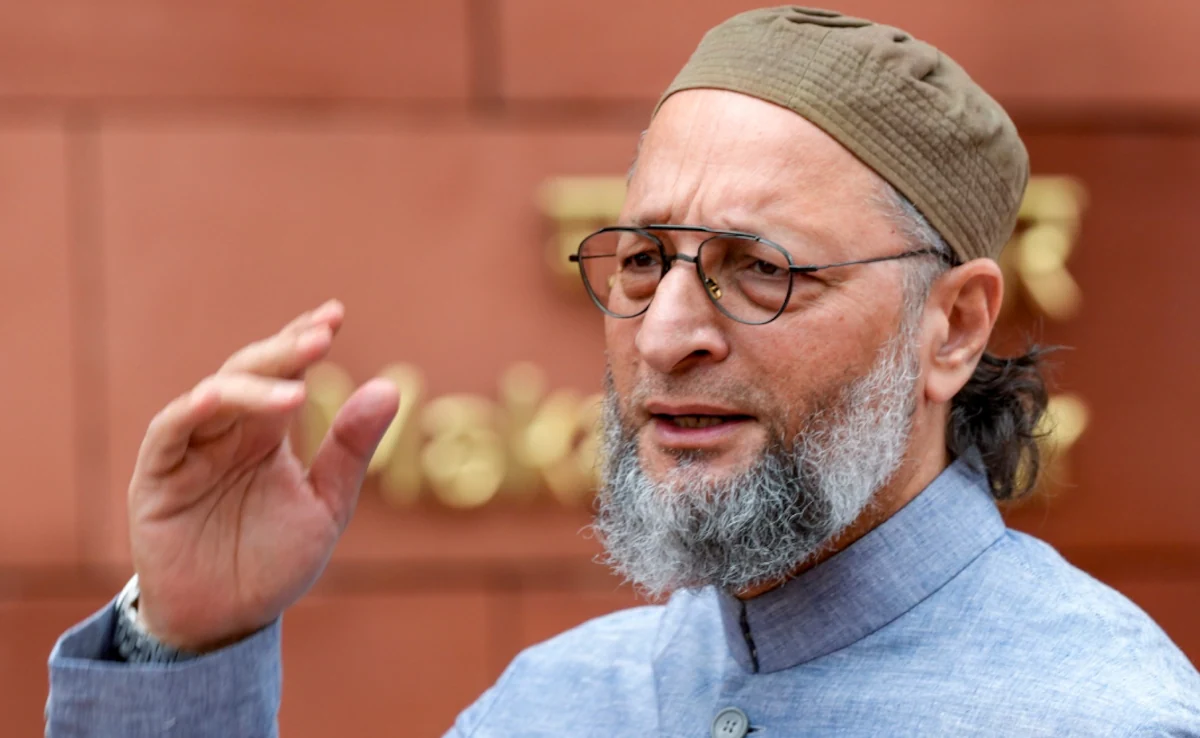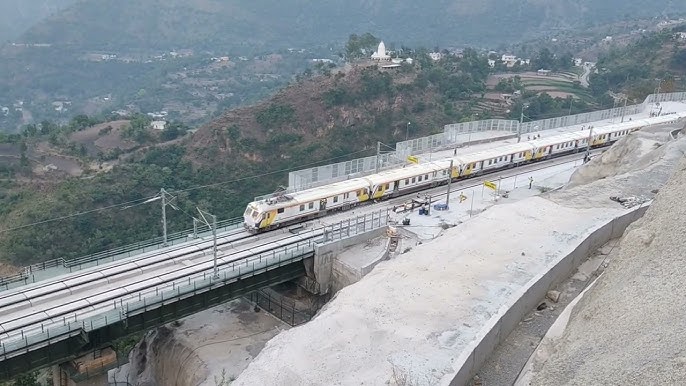Owaisi & Sajad Lone Slam Omar Abdullah Over PSA Repeal Remarks — A Law, A Legacy, A Political Reckoning
By: Javid Amin | 19 Oct 2025
PSA Repeal Promise Sparks Political Firestorm
The political landscape of Jammu & Kashmir has been jolted by Chief Minister Omar Abdullah’s renewed vow to repeal the Public Safety Act (PSA)—a controversial preventive detention law often described by rights groups as “draconian.”
But the announcement hasn’t landed as a triumphal moment. Instead, it’s opened old wounds and fresh confrontations. Two prominent leaders—Asaduddin Owaisi of All India Majlis-e-Ittehadul Muslimeen (AIMIM) and Sajad Lone of Jammu and Kashmir People’s Conference—have sharply criticized Omar’s remarks, accusing him of selective outrage and political posturing.
Omar Abdullah’s Statement: “We Will Revoke PSA After Statehood”
Speaking at a press briefing in Srinagar, Omar Abdullah reiterated his party’s commitment to scrap the PSA once Jammu & Kashmir regains full statehood.
“When we released our manifesto, I made it clear that several promises can only be implemented after Jammu and Kashmir regains statehood. Repealing PSA is one of them. Once powers are restored to the elected government, we will do it through an ordinance,” he said.
Omar also emphasized that law and order currently lies with the Lieutenant Governor under Union Territory status, making it legally impossible for his government to act unilaterally.
But while Omar framed it as a future commitment, his statement reopened a deep political fault line—one that goes beyond party politics and cuts into Kashmir’s complex history with the PSA.
The PSA: A Law Born in 1978, Weaponized Over Decades
Enacted in 1978 by then Chief Minister Sheikh Abdullah, the Jammu and Kashmir Public Safety Act, 1978 was initially intended to combat timber smuggling.
But in the decades that followed, the law became a powerful political instrument—used by successive governments to detain individuals without trial for up to two years.
Key Provisions of PSA:
-
Preventive detention without trial for up to 2 years.
-
Grounds include threat to “public order” or “security of the state.”
-
Detainees often lack immediate judicial recourse.
-
Used against political activists, students, and protesters, especially after 1989.
Rights groups like Amnesty International and Human Rights Watch have long called for its repeal, terming it a violation of basic civil liberties.
“The law that was meant to stop timber smuggling became a tool to silence political voices,” remarked a Srinagar-based legal expert.



